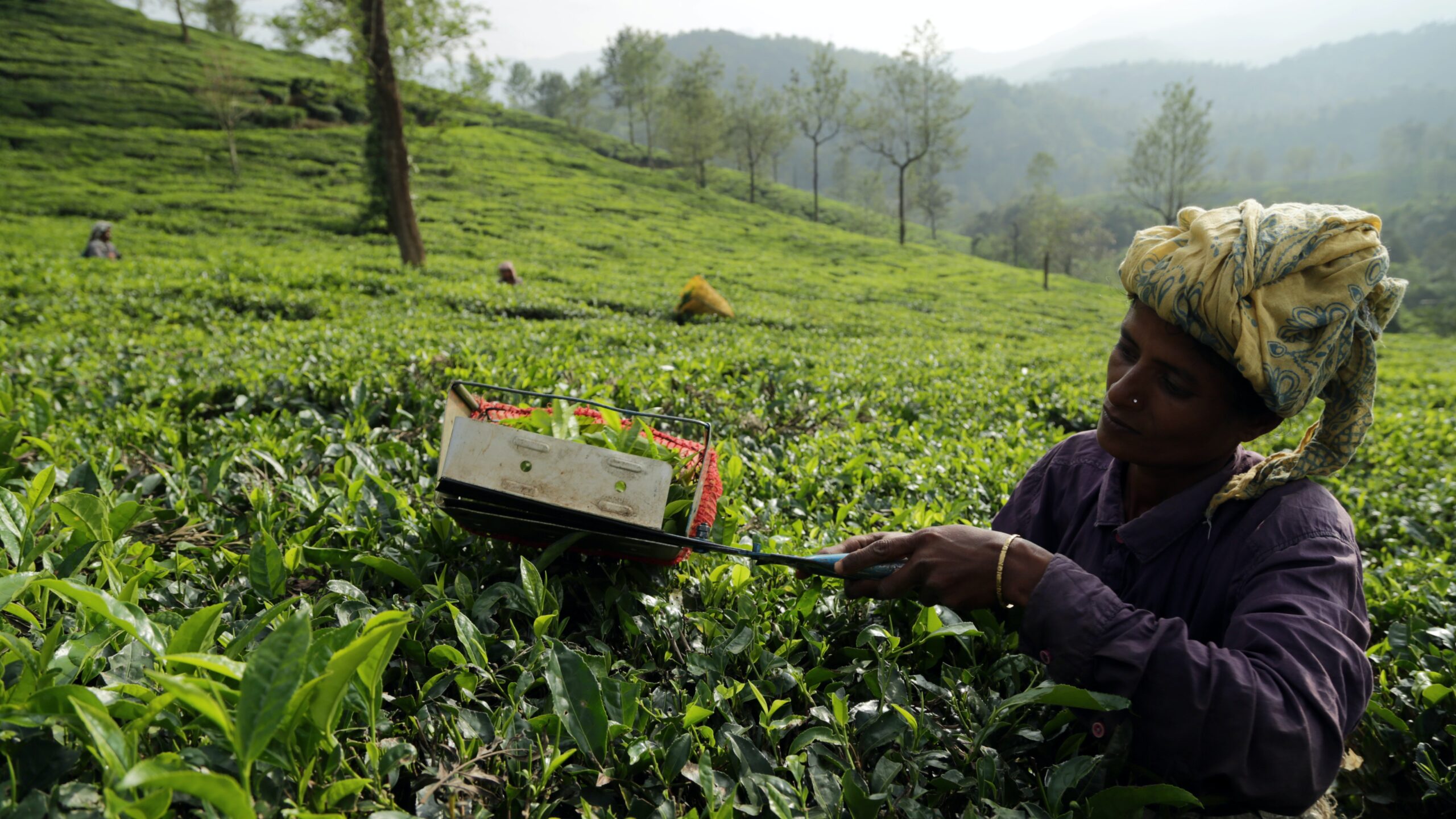
Source: Vignesh Vinod/Pexels
Fair trade, a concept that promotes ethical practices and sustainable development, has gained significant traction in India across various industries. This article delves into the implementation of fair trade principles in different sectors, such as agriculture, textiles, and handicrafts, and examines its impact on local communities and producers. Fair trade has become a driving force for positive change in India’s economic landscape by ensuring fair wages, safe working conditions, and sustainable practices.
Fair Trade in Agriculture
Fair trade initiatives have emerged as a lifeline for small-scale farmers in the agricultural sector, providing them with reasonable prices for their produce and empowering them with resources to enhance their livelihoods. Cooperative organizations are pivotal in connecting farmers directly with fair trade markets. By eliminating intermediaries, these farmers gain better control over the supply chain, enabling them to negotiate equitable crop prices.
One remarkable example of fair trade success in India is the organic tea industry in Darjeeling. Fair trade certifications have allowed tea plantations to uphold strict environmental standards and ensure workers receive fair wages. Additionally, funds from fair trade premiums are invested in community development projects, such as schools and healthcare facilities, fostering sustainable growth in the region.
Fair Trade Textiles and Handicrafts
India’s rich textile heritage and traditional handicrafts have found a global audience through fair trade practices. Artisans and weavers are encouraged to produce environmentally conscious goods using eco-friendly materials and techniques. Fair trade also champions the preservation of age-old crafting traditions, empowering artisans to uphold their cultural heritage while earning a fair income.
The impact of fair trade on the handloom sector in India has been particularly significant. With fair wages and improved working conditions, handloom weavers have been motivated to continue their craft, facing challenges due to competition from mass-produced items. Through fair trade partnerships, these artisans have found new markets for their products, allowing them to sustain their families and communities.
Sustainable Practices and Eco-Friendly Initiatives
Fair trade products in India often carry the additional label of being eco-friendly. Sustainable farming practices, like organic agriculture and permaculture, are highly encouraged under fair trade guidelines. These practices not only prioritize environmental conservation but also improve the quality of products by minimizing the use of harmful chemicals and pesticides.
Furthermore, fair trade advocates for using renewable energy sources and reducing carbon footprints throughout production processes. By adhering to these principles, India has seen a rise in environmentally conscious consumers, both domestically and internationally, who actively support fair trade products.
Empowering Women and Marginalized Communities
Fair trade initiatives in India have significantly empowered women and marginalized communities by providing them equal opportunities and fair wages. In sectors like handicrafts and agriculture, where women have historically been underrepresented and underpaid, fair trade has promoted gender equality.
In rural areas, where agriculture is the primary source of income, fair trade has given women a platform to become financially independent by encouraging female participation in the production and decision-making processes. This empowerment, in turn, strengthens families and uplifts entire communities.
For example, the Self Employed Women’s Association (SEWA) is a trade union and cooperative committed to empowering women in the informal sector, such as self-employed and home-based workers who encounter challenges like low wages, job insecurity and limited access to services. Through fair trade practices and collective action, SEWA has successfully transformed the lives of countless women, providing them with economic and social opportunities for a brighter future.
Examples of Fair Trade Products in India
- Tara Projects: Tara Projects is a renowned fair trade organization in Delhi that empowers underprivileged artisans and craftspeople from marginalized communities. They work with skilled artisans to produce handicrafts, including jewelry, home decor items, and textiles. By adhering to fair trade principles, Tara Projects ensures that the artisans receive fair wages, safe working conditions, and access to education and healthcare.
- Chetna Organic: Chetna Organic is a fair trade cotton cooperative that supports small-scale farmers in India’s cotton-growing regions. They promote organic and sustainable farming practices, enabling farmers to cultivate high-quality cotton without harmful chemicals. Through fair trade partnerships, Chetna Organic farmers secure stable prices for their cotton, fostering economic stability and social development in rural communities.
- Araku Coffee: Araku Coffee is an exemplary fair trade coffee brand from the picturesque Araku Valley in Andhra Pradesh. By collaborating directly with tribal coffee growers, Araku Coffee ensures fair compensation for their labor-intensive work. The brand’s commitment to sustainable practices has led to the cultivation of premium Arabica coffee beans while preserving the region’s biodiversity.
- Conserve India: Conserve India is an innovative fair trade brand that upcycles waste materials, such as plastic bags and banners, into trendy fashion accessories and home decor products. By employing waste pickers and artisans, Conserve India addresses environmental issues and empowers vulnerable communities through skill training and employment opportunities.
- No Nasties: No Nasties is a fair trade clothing brand that focuses on sustainable and organic cotton clothing. Based in Goa, the brand ensures fair wages and safe working conditions for farmers, spinners, weavers, and garment workers involved in the production process. No Nasties aims to create a transparent and ethical supply chain while offering stylish, eco-friendly fashion options.
- Hathay Bunano: Hathay Bunano, meaning “handmade” in Bangla, is a fair trade brand that produces adorable handcrafted toys and accessories, such as baby rattles and accessories. Based in Kolkata, the brand collaborates with women artisans from rural Bangladesh, empowering them with steady incomes and flexible working arrangements to support their families.
